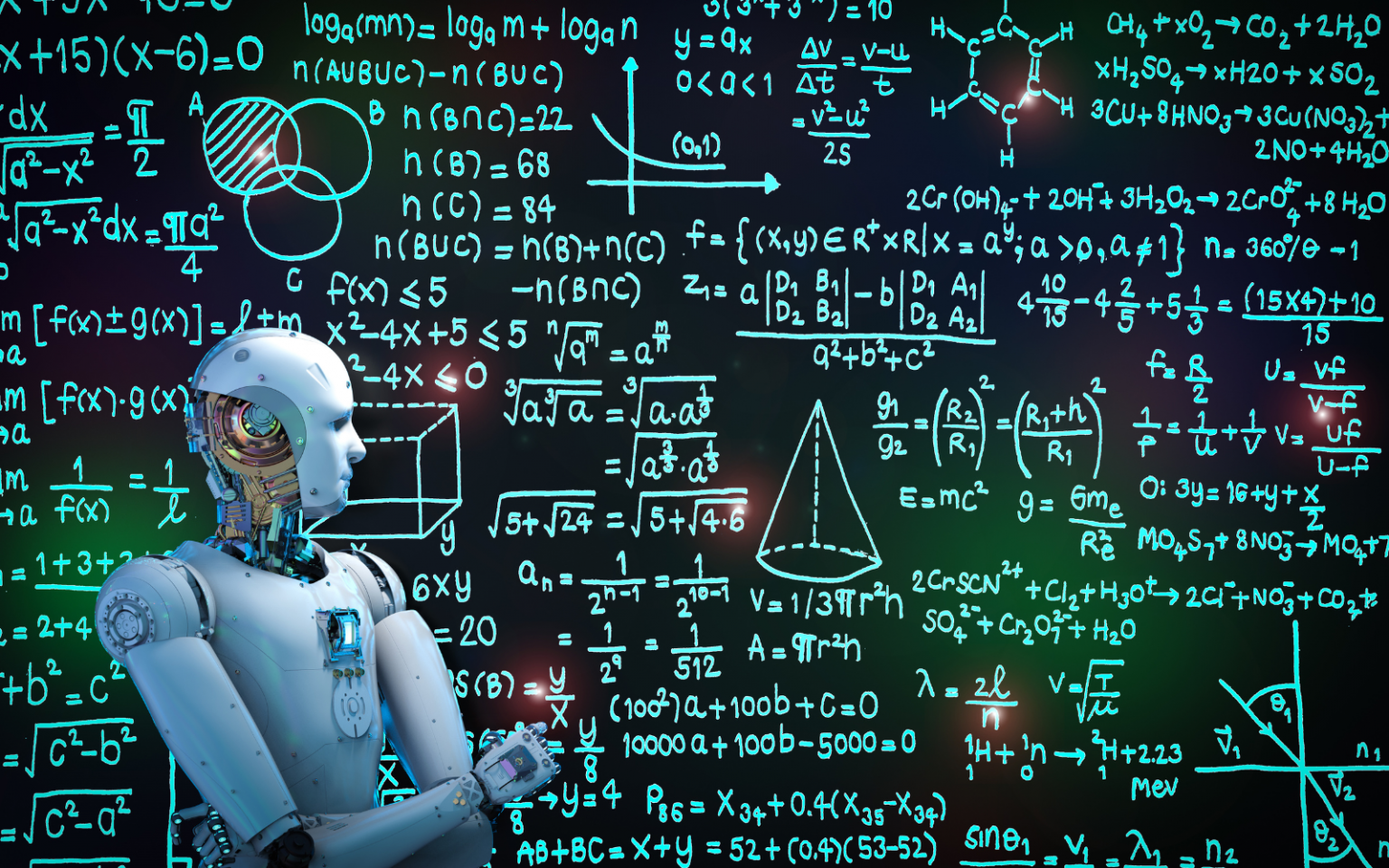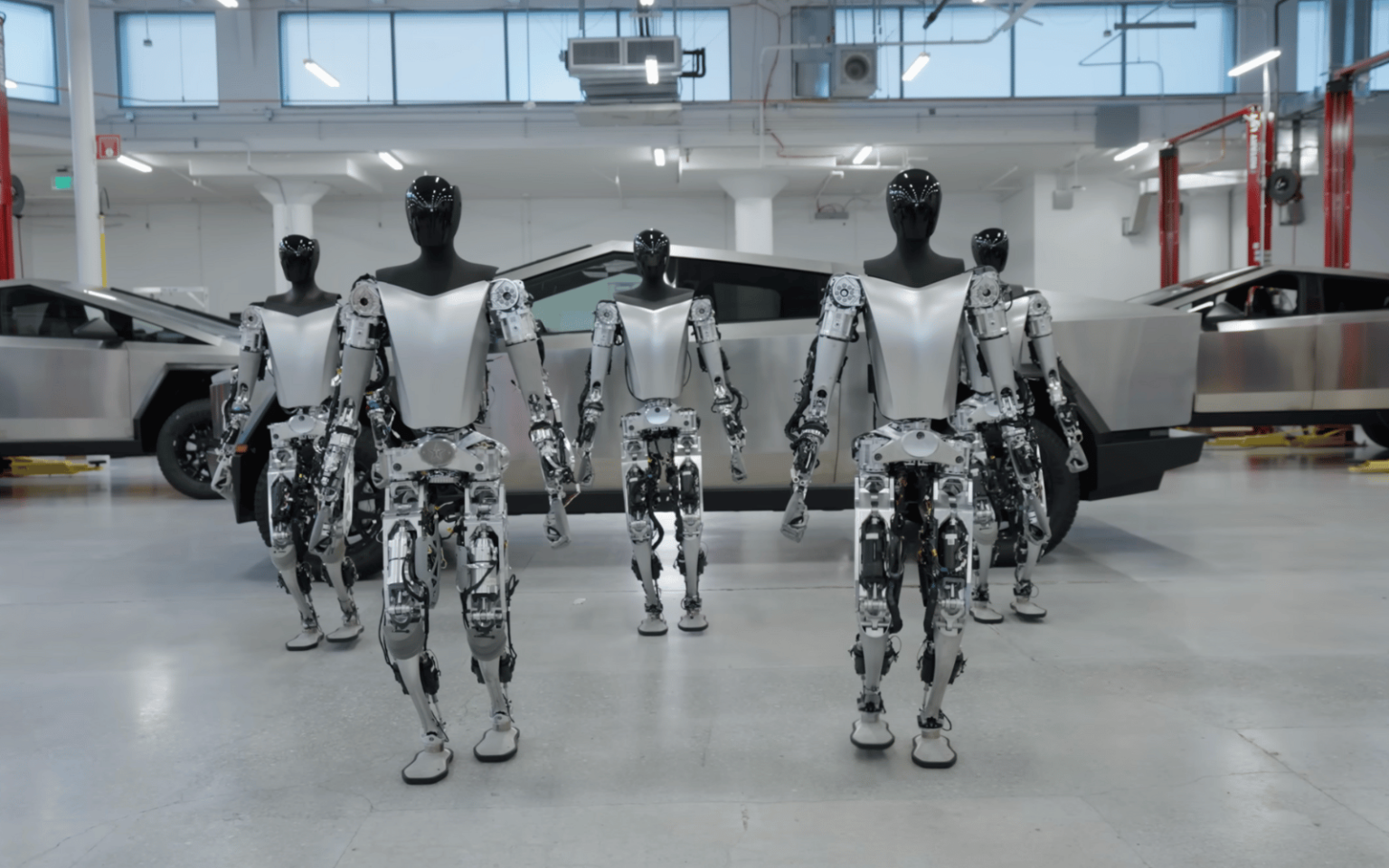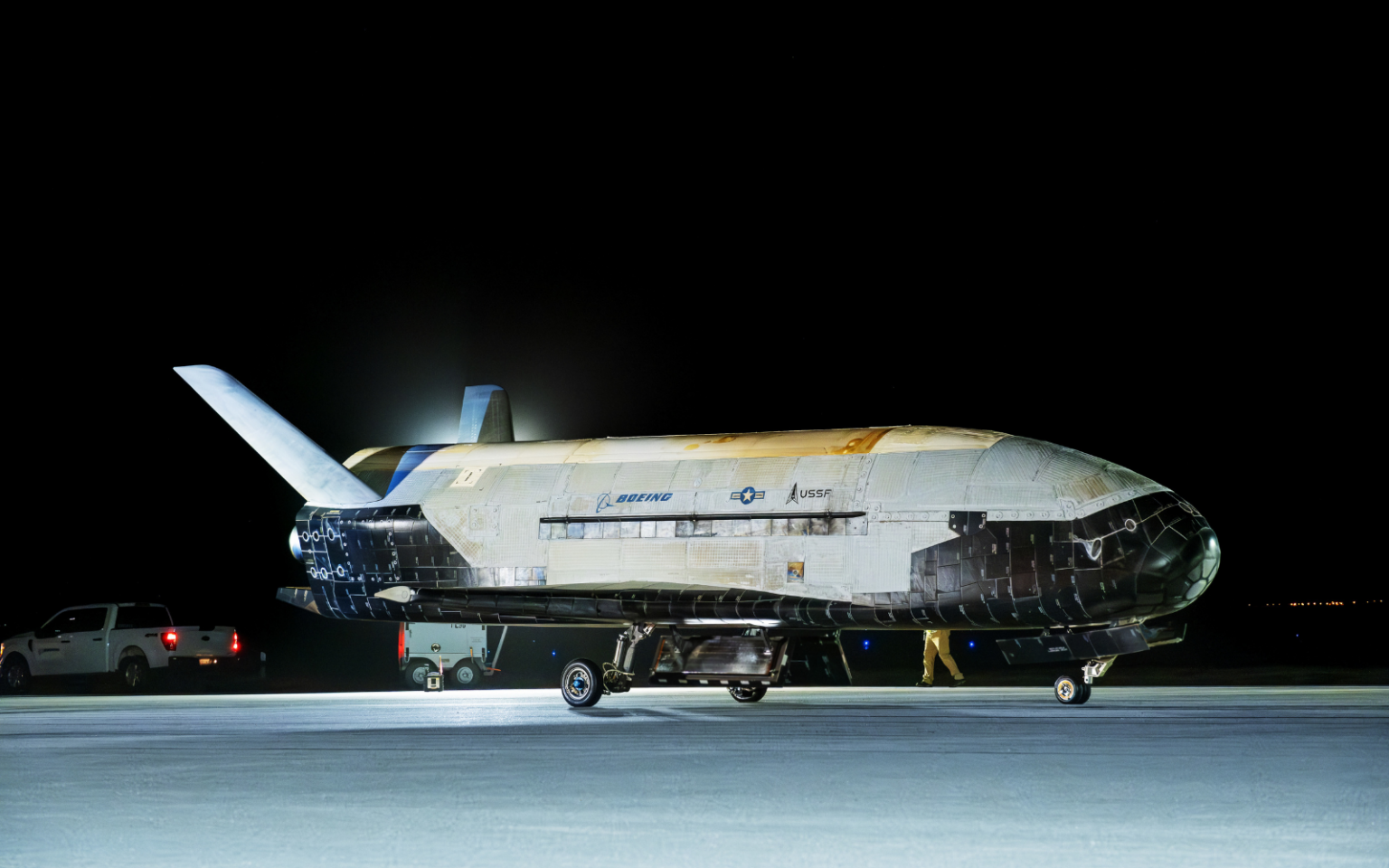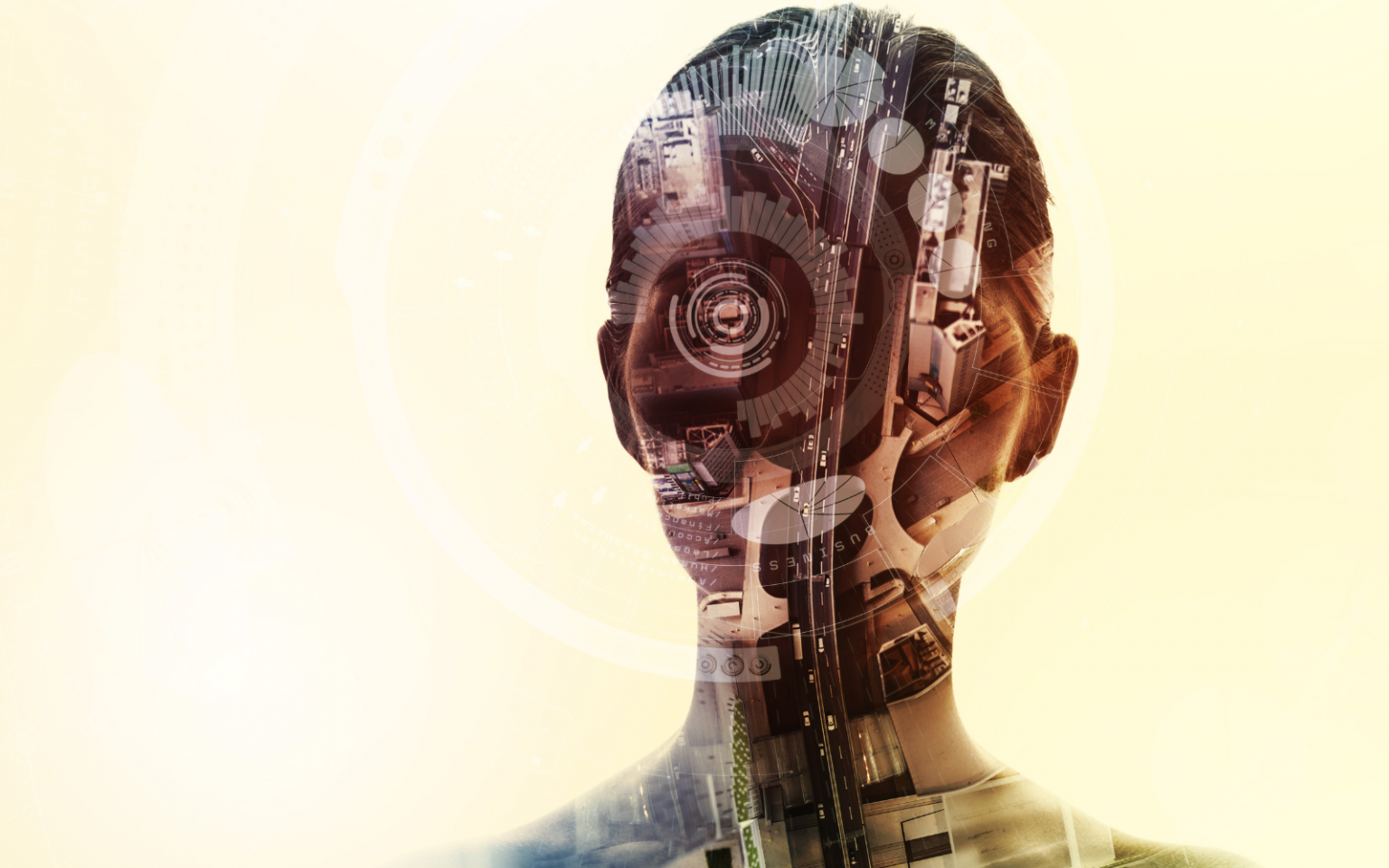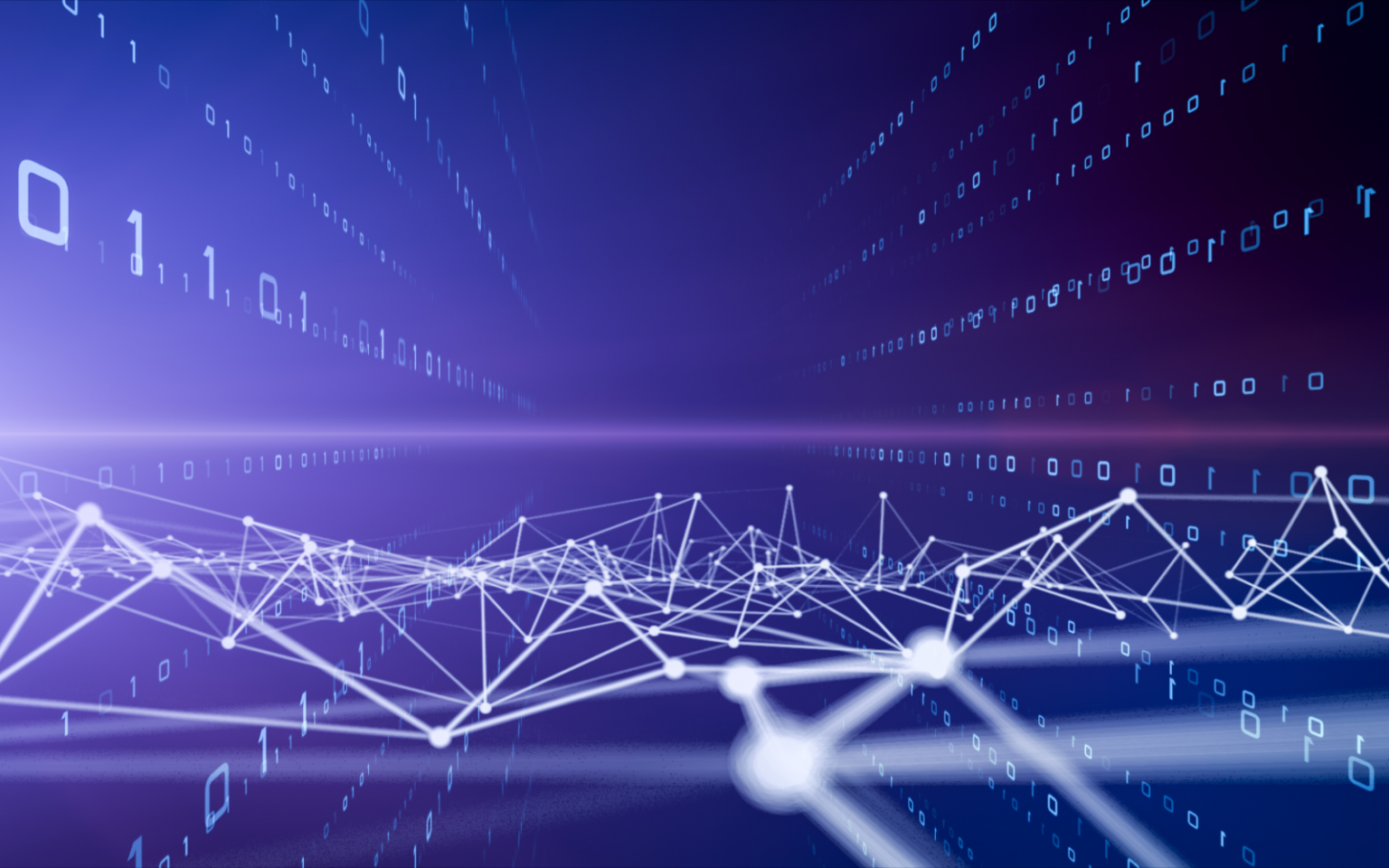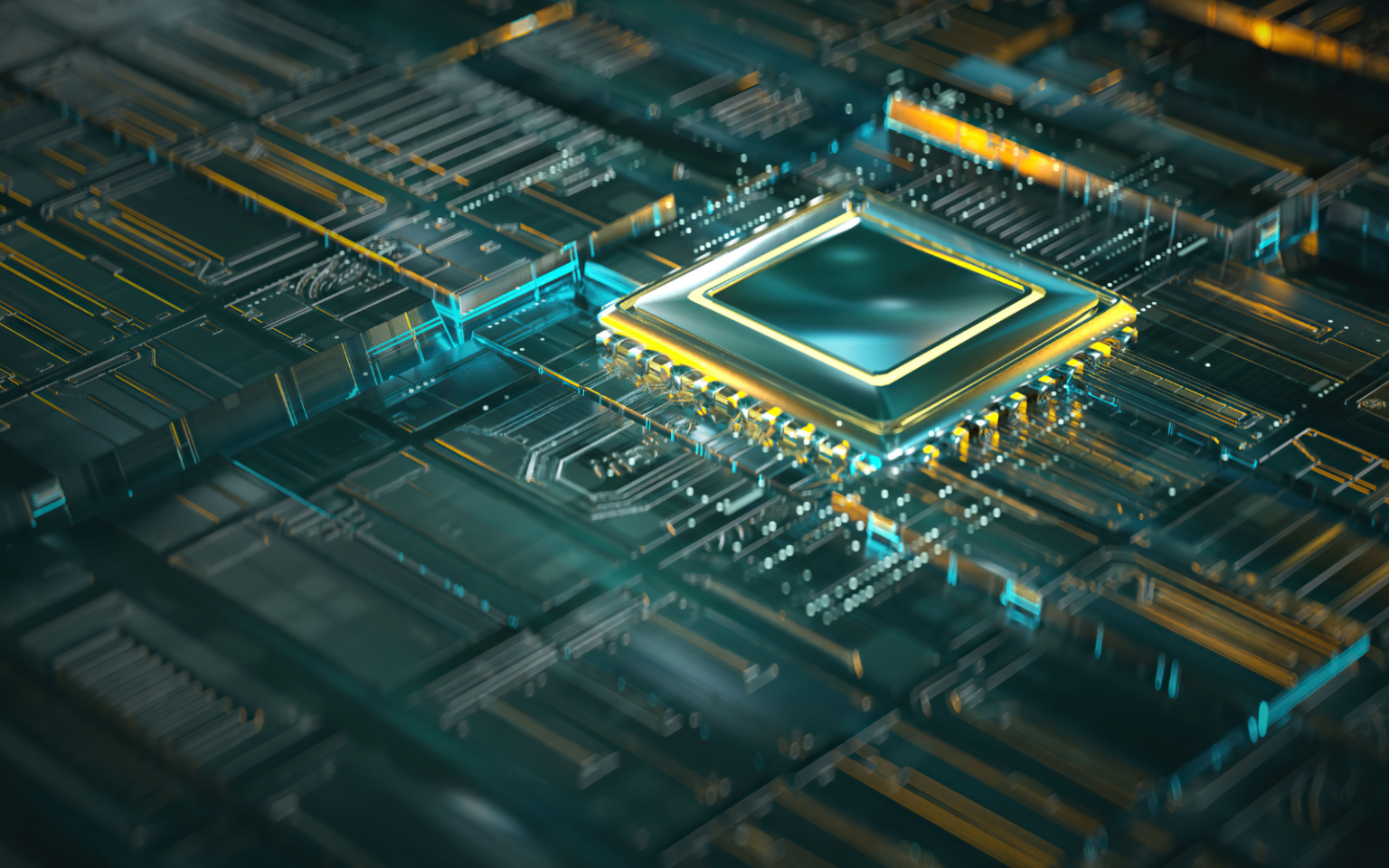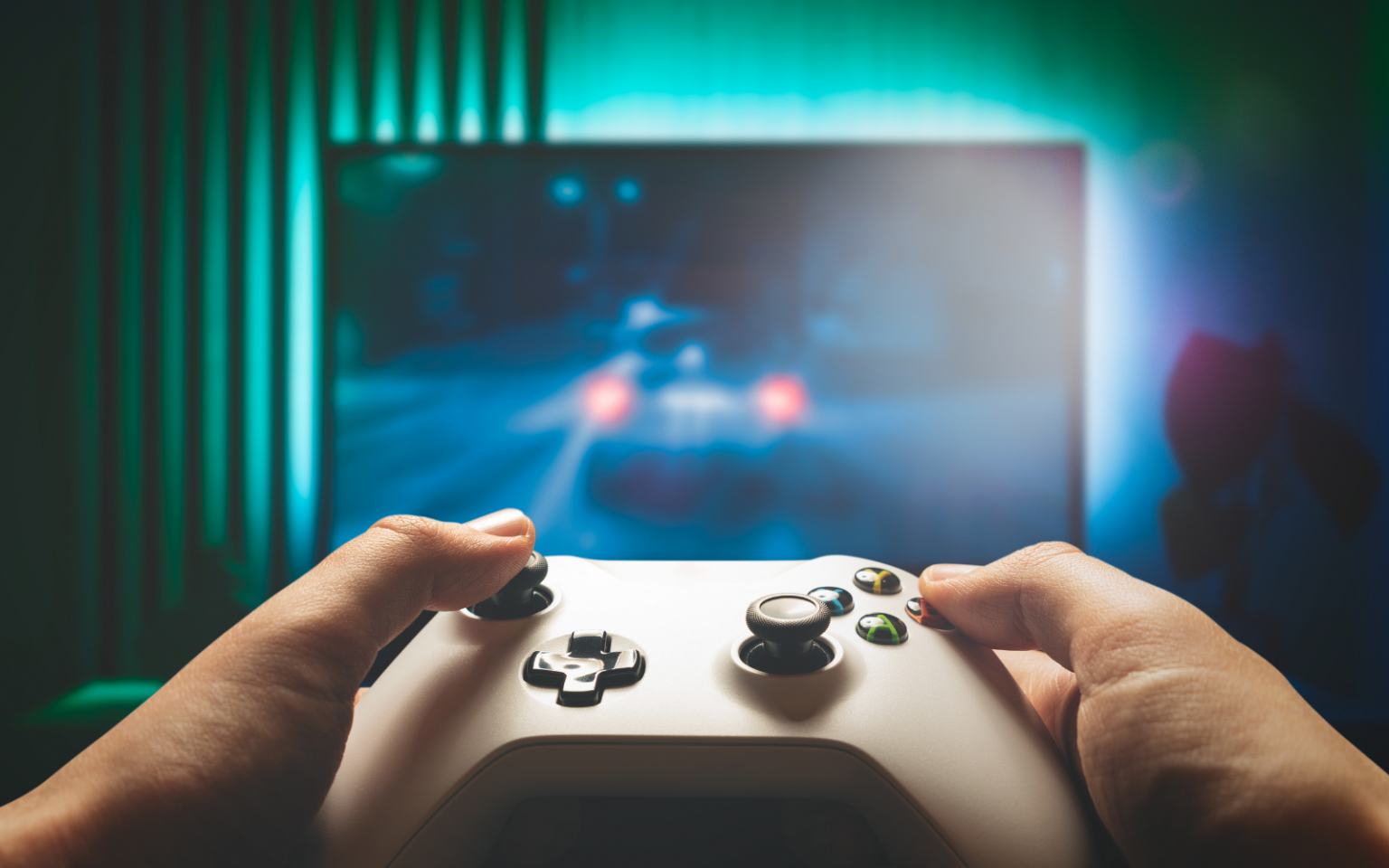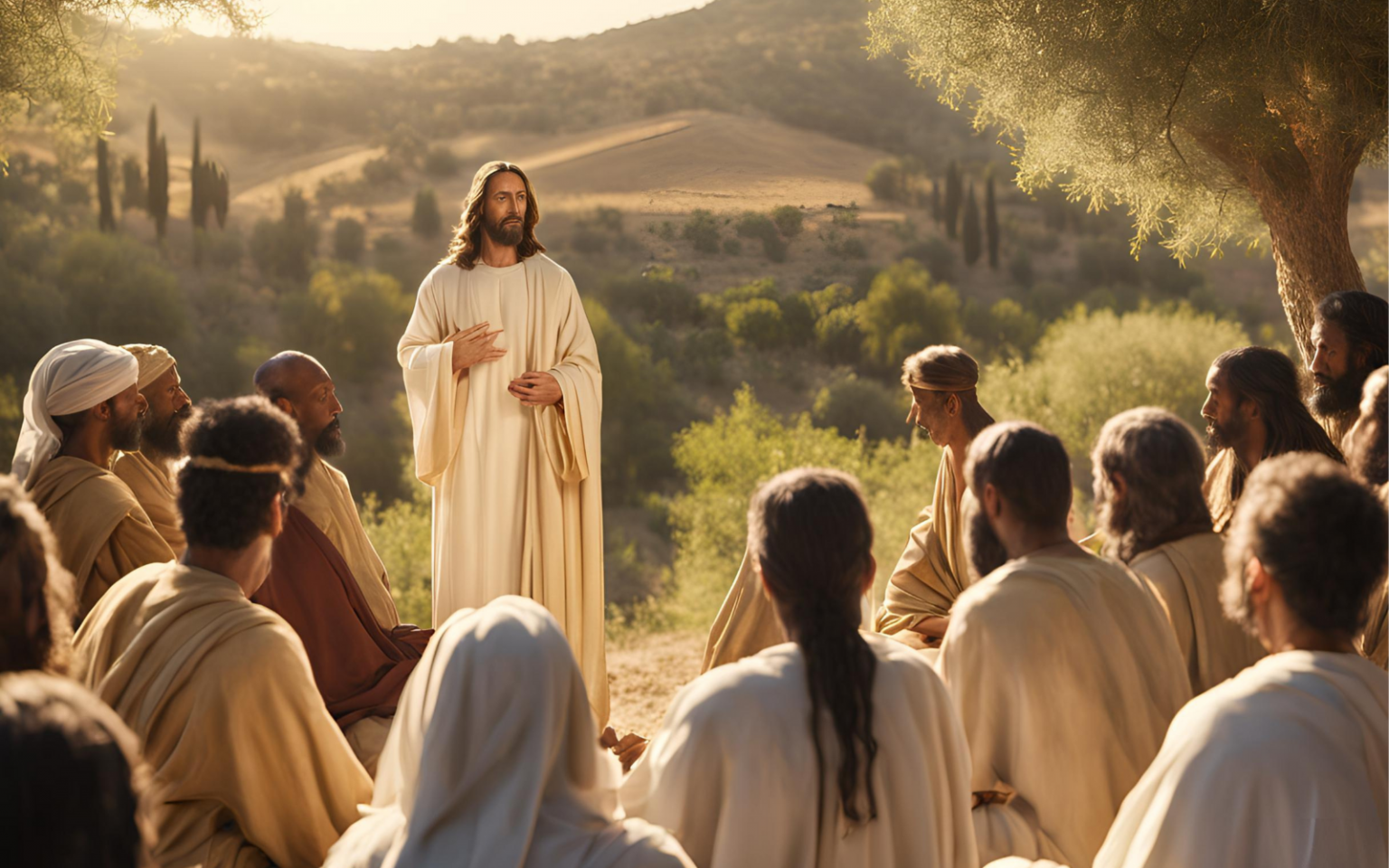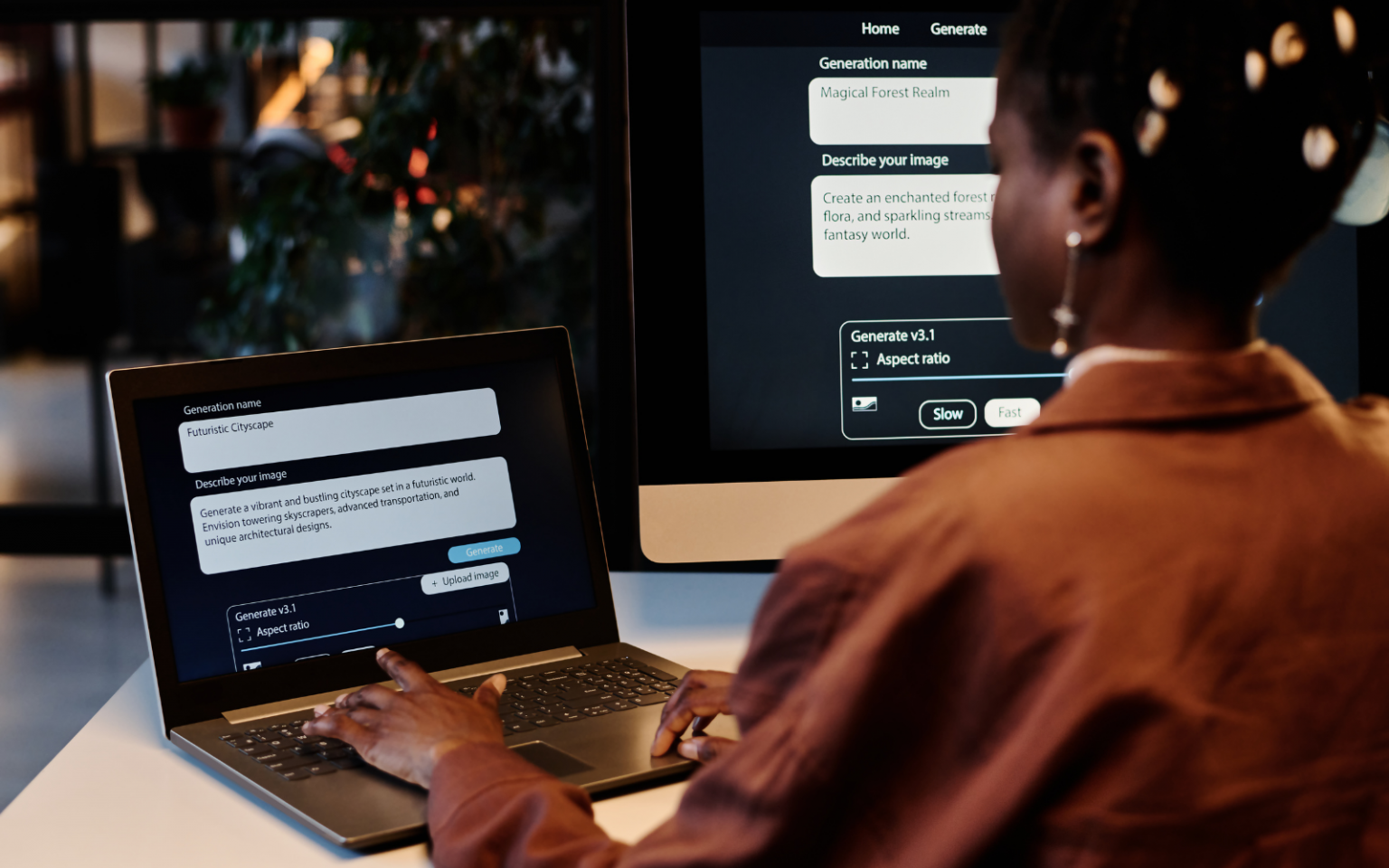Last year I attended a panel on generative AI in education. In a memorable moment, one presenter asked: “What’s the big deal? Generative AI is like a calculator. It’s just a tool.” The analogy is an increasingly common one. OpenAI chief executive Sam Altman himself has referred to ChatGPT as “a calculator for words” and compared comments on the new technology to reactions to the arrival of the calculator. People said, ‘We’ve got to ban these because people will just cheat on their homework. If people don’t need to calculate a sine function by hand again […] then mathematical education is over.’…
Author: The Conversation
Watch Boston Dynamics’ Atlas robot doing training routines, or the latest humanoids from Figure loading a washing machine, and it’s easy to believe the robot revolution is here. From the outside, it seems the only remaining challenge is perfecting the AI (artificial intelligence) software to enable these machines to handle real-life environments. But the industry’s biggest players know there is a deeper problem. In a recent call for research partnerships, Sony’s robotics division highlighted a core issue holding back its own machines. It noted that today’s humanoid and animal-mimicking robots have a “limited number of joints”, which creates a “disparity between their movements and…
A US military space plane, the X-37B orbital test vehicle, is due to embark on its eighth flight into space on August 21 2025. Much of what the X-37B does in space is secret. But it serves partly as a platform for cutting-edge experiments. One of these experiments is a potential alternative to GPS that makes use of quantum science as a tool for navigation: a quantum inertial sensor. Satellite-based systems like GPS are ubiquitous in our daily lives, from smartphone maps to aviation and logistics. But GPS isn’t available everywhere. This technology could revolutionise how spacecraft, aeroplanes, ships and submarines…
Artificial intelligence (AI) is being touted as a way to boost lagging productivity growth. The AI productivity push has some powerful multinational backers: the tech companies that make AI products and the consulting companies that sell AI-related services. It also has interest from governments. Next week, the federal government will hold a roundtable on economic reform, where AI will be a key part of the agenda. However, the evidence AI actually enhances productivity is far from clear. To learn more about how AI is working and being procured in real organisations, we are interviewing senior bureaucrats in the Victorian Public Service. Our research is…
Imagine a busy train station. Cameras monitor everything, from how clean the platforms are to whether a docking bay is empty or occupied. These cameras feed into an AI system that helps manage station operations and sends signals to incoming trains, letting them know when they can enter the station. The quality of the information that the AI offers depends on the quality of the data it learns from. If everything is happening as it should, the systems in the station will provide adequate service. But if someone tries to interfere with those systems by tampering with their training data…
OpenAI claims that its new flagship model, GPT-5, marks “a significant step along the path to AGI” – that is, the artificial general intelligence that AI bosses and self-proclaimed experts often claim is around the corner. According to OpenAI’s own definition, AGI would be “a highly autonomous system that outperforms humans at most economically valuable work”. Setting aside whether this is something humanity should be striving for, OpenAI CEO Sam Altman’s arguments for GPT-5 being a “significant step” in this direction sound remarkably unspectacular. He claims GPT-5 is better at writing computer code than its predecessors. It is said to “hallucinate” a bit less, and…
A major breakthrough in quantum technology was achieved in October 2024: the first-ever quantum satellite communication link between China and South Africa. The connection spanned a remarkable 12,900km: the longest intercontinental quantum communication link established to date. The longest before this was 7,600km and within the northern hemisphere only. It was achieved with quantum key distribution, a method for a sender and receiver to share a secure key that they can use to safely send messages. Any interception during transmission leaves traces that can be detected. It involves sending single photons (tiny particles of light). If someone tries to intercept the photons, the photons…
When French video-game publisher Ubisoft announced it was shutting down servers for The Crew, a popular online racing game released in 2014, it wasn’t just the end of a title. It marked the beginning of a broader reckoning about the nature of digital ownership, led by players angry at the company’s decision to deny them something they had paid for. The Stop Killing Games (SKG) movement was born from that moment. As of July 2025, it has gathered more than 1.4 million signatures through the European Citizens’ Initiative. The European Commission is now obliged to respond. At the heart of the issue is…
Generative artificial intelligence (AI) is getting better at imitating human beings. It can create things that previously only humans could produce, like music, texts and images. AI is now also being used to imitate God, through chatbots that simulate conversation with human users and can be accessed on websites and apps. In Christianity, for example, there’s AI Jesus, Virtual Jesus, Jesus AI, Text with Jesus, Ask Jesus and many others. In other religions, the same development has taken place, with AI chatbots like the Buddhist Norbu AI and, in the Islam faith, like Brother Junaid at Salaam World. As a professor of philosophy and director of the AI Hub at my…
Have you ever sat in a meeting where someone half your age casually mentions “prompting ChatGPT” or “running this through AI”, and felt a familiar knot in your stomach? You’re not alone. There’s a growing narrative that artificial intelligence (AI) is inherently ageist, that older workers will be disproportionately hit by job displacement and are more reluctant to adopt AI tools. But such assumptions – especially that youth is a built-in advantage when it comes to AI – might not actually hold. While ageism in hiring is a real concern, if you have decades of work experience, your skills, knowledge and judgement could be exactly…

